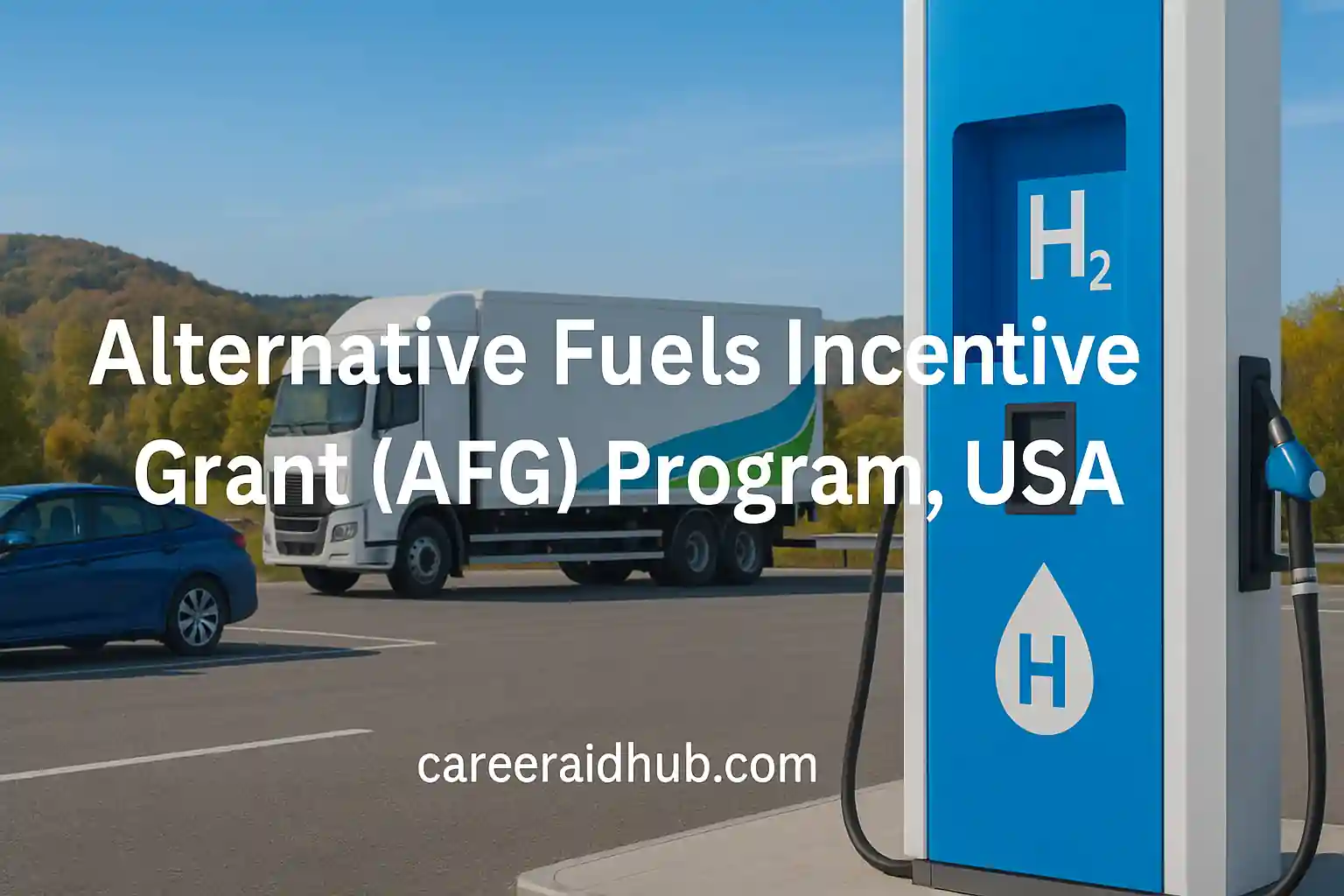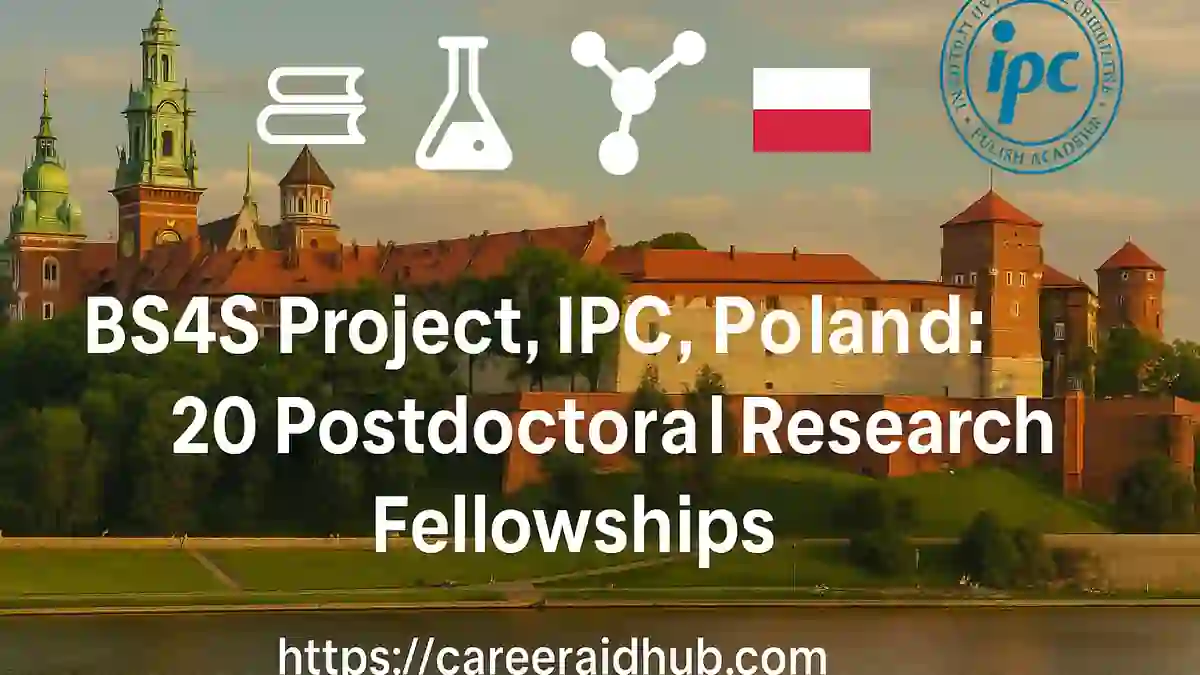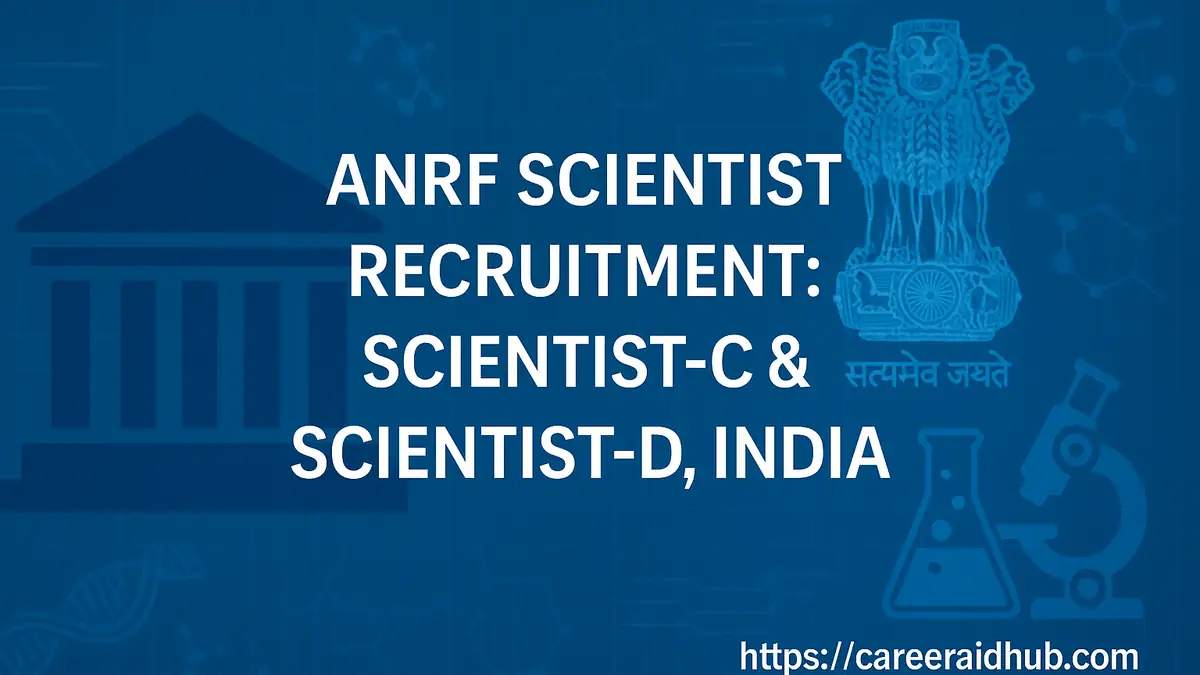As the global transportation sector transitions toward greener energy solutions, Pennsylvania is actively supporting that shift through strategic investments. The Alternative Fuels Incentive Grant (AFIG) Program 2025, administered by the Pennsylvania Department of Environmental Protection (DEP), is one of the state’s flagship initiatives to promote cleaner, cost-effective, and future-ready transportation systems.
The AFIG Program provides financial assistance to eligible organizations within Pennsylvania that are working to reduce dependence on petroleum-based fuels through the adoption of alternative fuel vehicles and infrastructure. This includes, but is not limited to, hydrogen fuel, compressed natural gas (CNG), and liquefied natural gas (LNG).
What is the AFIG Program?
The AFIG Program was established to stimulate the development and deployment of advanced transportation technologies across Pennsylvania. It directly supports projects that aim to:
- Convert existing fleets from gasoline or diesel to alternative fuels
- Retrofit vehicles to be compatible with cleaner fuels
- Develop infrastructure, such as public and private fueling stations
- Implement alternative fuel systems, including bi-fuel, hybrid, and hydrogen platforms
The program’s overarching objective is to reduce environmental pollutants, cut fuel costs, and enhance energy security in the
Commonwealth.
Who Is Eligible for AFIG 2025?
Eligibility for the 2025 cycle is clearly defined and inclusive of various organizational types. Any applicant must be physically located within the state of Pennsylvania. The key eligible entities include:
| Applicant Type | Examples of Activities |
|---|
| School Districts | Upgrading diesel school buses to CNG or EV systems |
| Municipalities | Converting sanitation or utility trucks to LNG |
| Nonprofit Organizations | Operating clean community shuttle services |
| Businesses | Adopting hydrogen vehicles in commercial logistics |
Applicants are encouraged to propose projects that demonstrate not only fuel savings but also community-level impact, particularly in underserved or low-income areas.
2025 AFIG Program Key Dates and Documentation
Application Deadline
All applications must be completed and submitted via the eGrants system no later than 11:59 PM (ET) on October 10, 2025. Late submissions will not be considered under any circumstances.
Notable Updates in the 2025 Round
The current cycle introduces a few important changes:
- Greater emphasis on hydrogen fuel infrastructure projects
- Priority scoring for proposals addressing multi-fuel stations in underserved regions
- Additional consideration for projects that enhance local employment, environmental equity, and rural access
These refinements are designed to align with broader state and federal decarbonization goals.
style="text-align: justify;">What Types of Projects Can Receive AFIG Funding?
The scope of the AFIG grant program is diverse. Funding is typically awarded to the following types of activities:
| Project Category | Examples of Funded Items |
|---|
| Fleet Conversions | Purchase of new CNG, LNG, or hydrogen vehicles |
| Retrofits | Modifications to existing vehicles for alt-fuel use |
| Infrastructure | CNG/LNG fueling stations, hydrogen refueling systems |
| Support Equipment | Compressors, dispensers, storage tanks, safety devices |
| Training Programs | Technical workshops for mechanics and operators |
Each application must include a detailed cost breakdown, implementation plan, and measurable performance metrics.
Why Organizations Should Apply: Strategic Benefits of Participation
Participating in the AFIG Program provides more than just financial relief. It positions your organization as a leader in Pennsylvania’s transition to low-carbon transportation. Notable advantages include:
- State-backed support for capital-intensive vehicle or infrastructure upgrades
- Significant reduction in operational fuel costs over the long term
- Improved public health outcomes by reducing localized pollution
- Enhanced community trust through visible environmental stewardship
- Potential for media visibility and recognition via state climate programs
Organizations implementing AFIG-funded projects often gain leverage in applying for additional federal and private-sector clean energy grants.
How to Apply for the AFIG Program 2025
Applicants should adhere to
the following steps to ensure a complete and competitive submission:
- Carefully review the AFIG 2025 Guidelines to understand eligibility, evaluation criteria, and program expectations.
- Register your organization on the eGrants Application Portal.
- Use the step-by-step guide to prepare your application with required documentation.
- Submit your full application package before the deadline on October 10, 2025, at 11:59 PM (ET).
All proposals must be submitted through the eGrants system. Applications sent by mail or email will not be accepted.
For technical assistance, applicants can contact the Bureau of Air Quality Grants Division via the contact details provided in the program guidelines.
Strategic Recommendations for Applicants
To increase the likelihood of approval, applicants are advised to:
- Quantify expected reductions in petroleum use and emissions
- Include a timeline with realistic milestones
- Demonstrate partnerships or cost-sharing arrangements with other stakeholders
- Emphasize impact in disadvantaged or rural communities
- Provide data-backed justifications for selected technologies
Incorporating these elements can significantly strengthen your proposal against evaluation benchmarks.
Conclusion: Enabling a Greener Transportation Future
The Pennsylvania Alternative Fuels Incentive Grant (AFIG) Program 2025 represents a crucial opportunity for organizations to lead in reducing transportation-related emissions and embracing cleaner energy pathways. By funding infrastructure development, vehicle upgrades, and workforce training,
the program is actively laying the groundwork for a more sustainable, cost-efficient transportation network in the Commonwealth.
As detailed by the Pennsylvania Department of Environmental Protection, long-term investment in clean transportation solutions is central to achieving the state’s energy security and climate resilience targets. For forward-looking organizations, this is the moment to align operations with the future of mobility—and secure critical state support in doing so.
Final Takeaway
Organizations in Pennsylvania have a time-sensitive, high-impact opportunity to drive real environmental change while modernizing their transportation systems. The AFIG Program 2025 offers not only funding—but also a strategic pathway to align with evolving state and federal sustainability goals.
Summary of Key Features
| Feature | Details |
|---|
| Program Name | Alternative Fuels Incentive Grant (AFIG) Program |
| Host Country | United States (Commonwealth of Pennsylvania) |
| Funded By | Pennsylvania Department of Environmental Protection (DEP) |
| Duration | Project-dependent; varies by implementation scope |
| Study Mode | Full-time implementation for fleets/infrastructure |
| Eligibility | School districts, municipalities, nonprofits, and businesses in Pennsylvania |
| Financial Support | Covers vehicle retrofits, conversions, infrastructure, training, and support |
| Fields of Study | Sustainable transportation, alternative fuels, hydrogen, CNG, LNG |
| Deadline | October 10, 2025, at 11:59 PM (ET) |
| Official Website | Click Here |
Required Application Materials
To apply effectively, applicants should refer to the following official documents and tools:
Frequently Asked Questions
What is the Pennsylvania Alternative Fuels Incentive Grant Program?The AFIG Program provides funding for alternative fuel vehicles, fleet conversions, and infrastructure projects to reduce petroleum dependence and emissions across Pennsylvania.
Who can apply for the AFIG Program in Pennsylvania?Eligible applicants include Pennsylvania-based school districts, municipalities, nonprofits, and businesses investing in alternative fuel vehicles or refueling infrastructure.
What types of projects qualify for AFIG funding?Projects such as vehicle conversions, hydrogen fuel adoption, CNG or LNG infrastructure, EV charging stations, and fleet retrofits qualify for AFIG funding.
What is the deadline for AFIG Program applications?Applications must be submitted through the eGrants portal by October 10 at 11:59 PM Eastern Time.
Does the AFIG Program support hydrogen fuel projects?Yes, hydrogen fuel vehicles and refueling stations receive priority support under the AFIG Program’s funding categories.
How much funding can applicants receive under AFIG?Applicants may receive up to $500,000 in total per organization, with caps applied per project depending on category and scope.
What are the benefits of participating in the AFIG Program?Participants reduce fuel costs, improve air quality, and gain visibility as clean energy leaders while aligning with Pennsylvania’s climate goals.
How do I apply for the AFIG Program?Applicants must register on the Pennsylvania eGrants portal, complete the application form, upload required documents, and submit before the deadline.
Are underserved communities prioritized in AFIG funding?Yes, projects serving disadvantaged or rural areas receive priority scoring for environmental justice and equity considerations.
Where can I find the official AFIG Program guidelines?The official AFIG guidelines and step-by-step instructions are available on the Pennsylvania Department of Environmental Protection’s website.










